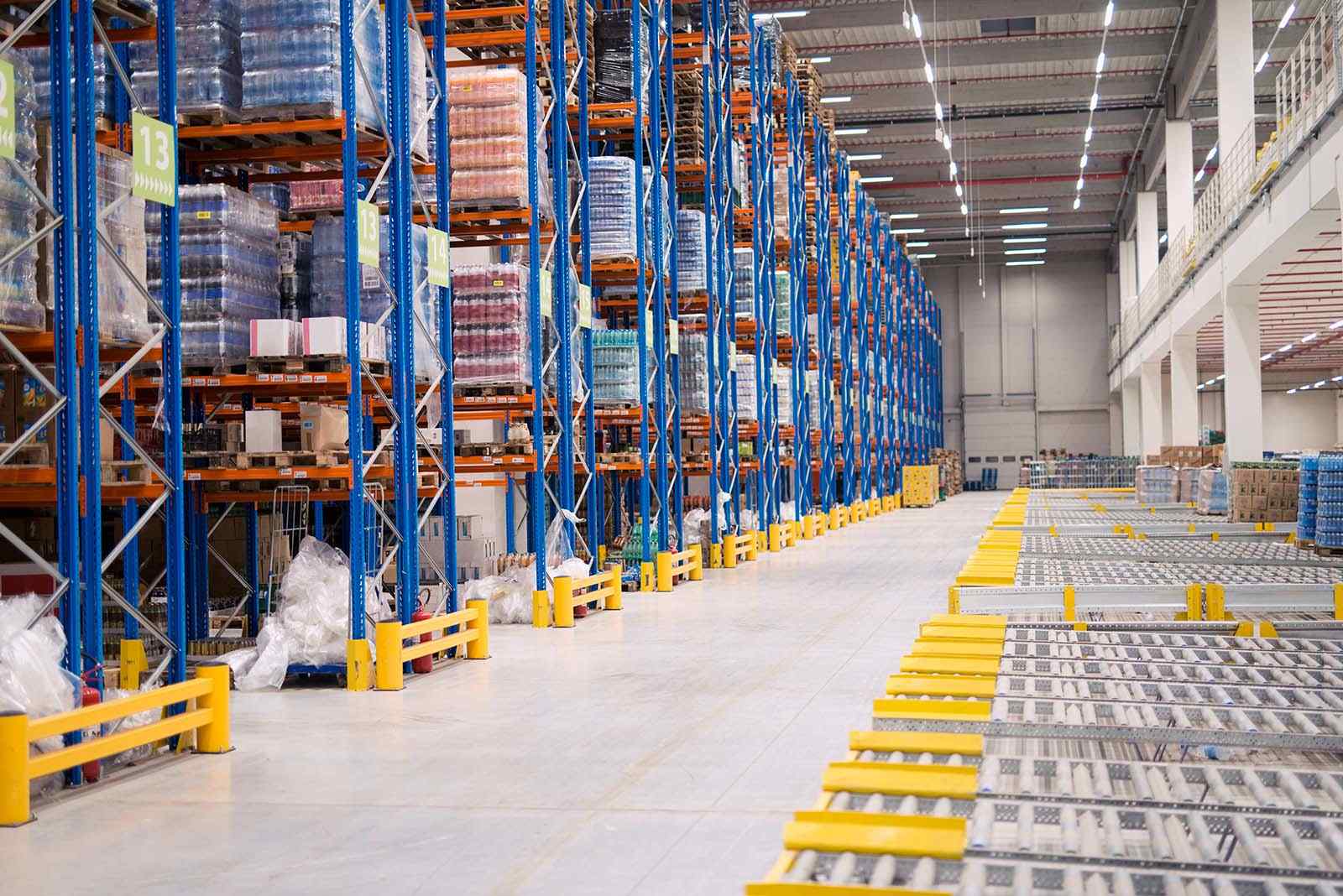Choosing the right type of warehouse—bonded or non-bonded—can significantly impact your business’s efficiency and cost-effectiveness in international trade. Understanding their differences helps you make informed decisions aligned with your operational goals. Angkut Logistics provides expert insights to help businesses select the ideal warehousing solution.
What is Bonded Warehousing?
A bonded warehouse stores imported goods under customs supervision, deferring duties and taxes until the goods enter the local market or are re-exported.
Advantages of Bonded Warehousing:
- Duty and tax deferral until goods leave the warehouse
- Improved cash flow
- Enhanced inventory management
- Simplified customs procedures
- Secure storage under customs authority
What is Non-Bonded Warehousing?
A non-bonded warehouse stores goods on which all import duties and taxes have already been paid upon entry into the country.
Advantages of Non-Bonded Warehousing:
- Immediate access to goods without customs clearance
- Ideal for domestic distribution
- Less administrative oversight related to customs
- Typically lower storage costs for domestically focused inventory
How to Choose Between Bonded and Non-Bonded Warehousing:
Consider bonded warehousing if you:
- Regularly import and export goods
- Want to delay duty payments to optimize cash flow
- Plan to re-export or redistribute goods internationally
Consider non-bonded warehousing if you:
- Primarily focus on domestic sales
- Have already settled duties and taxes upon importation
- Prefer immediate access and fewer customs-related procedures


Why Choose Angkut Logistics?
- Expert consultation tailored to your warehousing needs
- Comprehensive bonded and non-bonded warehousing solutions
- Efficient logistics management and compliance handling
Make the Right Warehousing Decision Today
Partner with Angkut Logistics to choose the optimal warehousing solution for your business.
WhatsApp us at +60102387108 for professional advice and customized warehousing services!



